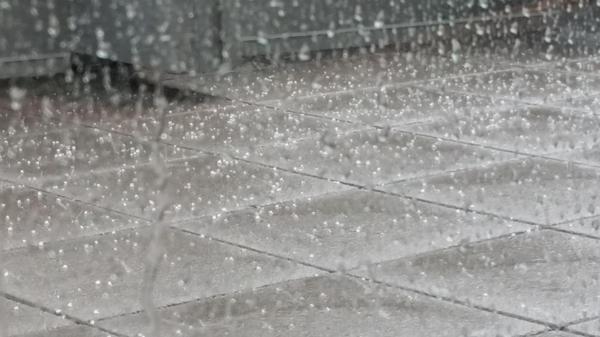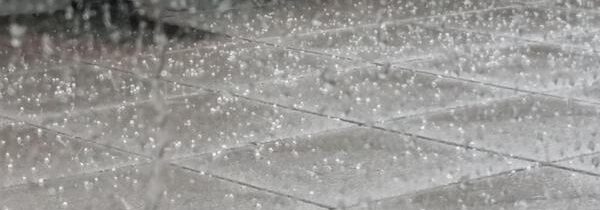The Body at Work
 A pounding headache during the Easter Vigil, brought on by dehydration.
A pounding headache during the Easter Vigil, brought on by dehydration.
Coming in late at night, cold and wet from a day out in rain and hail.
A splatter of dog feces in the face.
All of these things are realities of my new job. In the last month I’ve been mowing lawns for a company in Vancouver in order to pay for life in the post-school world. There are also other realities though: a sense of satisfaction, an enjoyment of the outdoors, and a new awareness of my body. One could hardly imagine a job more different from the work I did in school, but I’m glad I’m doing it. It’s the latter point about body awareness that I want to focus on in today’s post, however.
It’s fairly well understood that academics aren’t always the best with our bodies. Afterall, our job involves sitting in libraries or behind desks all day, and so unless we consciously build in a routine of exercise or sports it’s very easy for us to fall into sedentary lifestyles. Yet, for many of us who have so fallen I don’t think the deep reality of this fact really hits home–at least not while youth keeps us relatively healthy. Finding myself suddenly spending 8 to 10 hours a day in manual labor, I’m aware of just how separated from my bodily existence (including its environment) my last three years have been (excepting an occasional mountaintop or oceanborne adventure).[1] For example, Vancouver is a notoriously rainy city, but this generally hasn’t bothered me. Certainly, I enjoy the beauty of a sunny day, but living inside the weather hasn’t really meant much more than such aesthetic differences. Well, I’ve learned to care a lot more about the weather in the last month than I ever did before. Mowing lawns in the rain is taxing work–the cold and wet alone tire one out much more quickly, not to mention the difficulty of soft muddy lawns and clogged lawnmowers.
Doing manual labor has helped me to grow in awareness of both the goodness of the body (the thrill of accomplishing work with my body) and the limits of bodily existence (ending each day in deep exhaustion). This is, of course, a subject I’ve spilled much ink on the subject of bodily existence over the past, and I believe it was time well spent. Actually engaging in this labor, in turn, has helped me to become more convinced of the importance of truly engaging our bodies. The ancient Church believed firmly in the importance of ascetic struggle for our salvation. Today, many think that such a viewpoint is too dualistic and anti-material. Yet, it may just be that encountering our bodies through such acts as manual labor or ascetic fasting can help us to properly appreciate both the beauty and limits of our bodies within the created order, and that we can, in turn, enter into a kind of lazy dualism that simply ignores the body when we don’t do these things. I won’t deny that there were indeed anti-body excesses in the church’s history, but there is still a lesson to be learned from them. Engaging in labor and ascetic struggle, in concert with the work of the Holy Spirit, can be a part of our salvation–not in the sense of getting rid of our sins or of getting us to heaven, but in helping us learn how to be more fully human in light of the reality of who we are and who God is.
[1] This growing awareness would probably be deeper if I didn’t fill most of my time with the noise of audiobooks and music, but if I’m honest I probably won’t change this habit.
Kevin G.
Latest posts by Kevin G. (see all)
- All the Company of Heaven: Praying to the Saints - October 31, 2016
- C.S. Lewis, Roman Catholicism, and Bad Apologetics - August 1, 2016
- Sabbath and the End of Work - May 24, 2016

